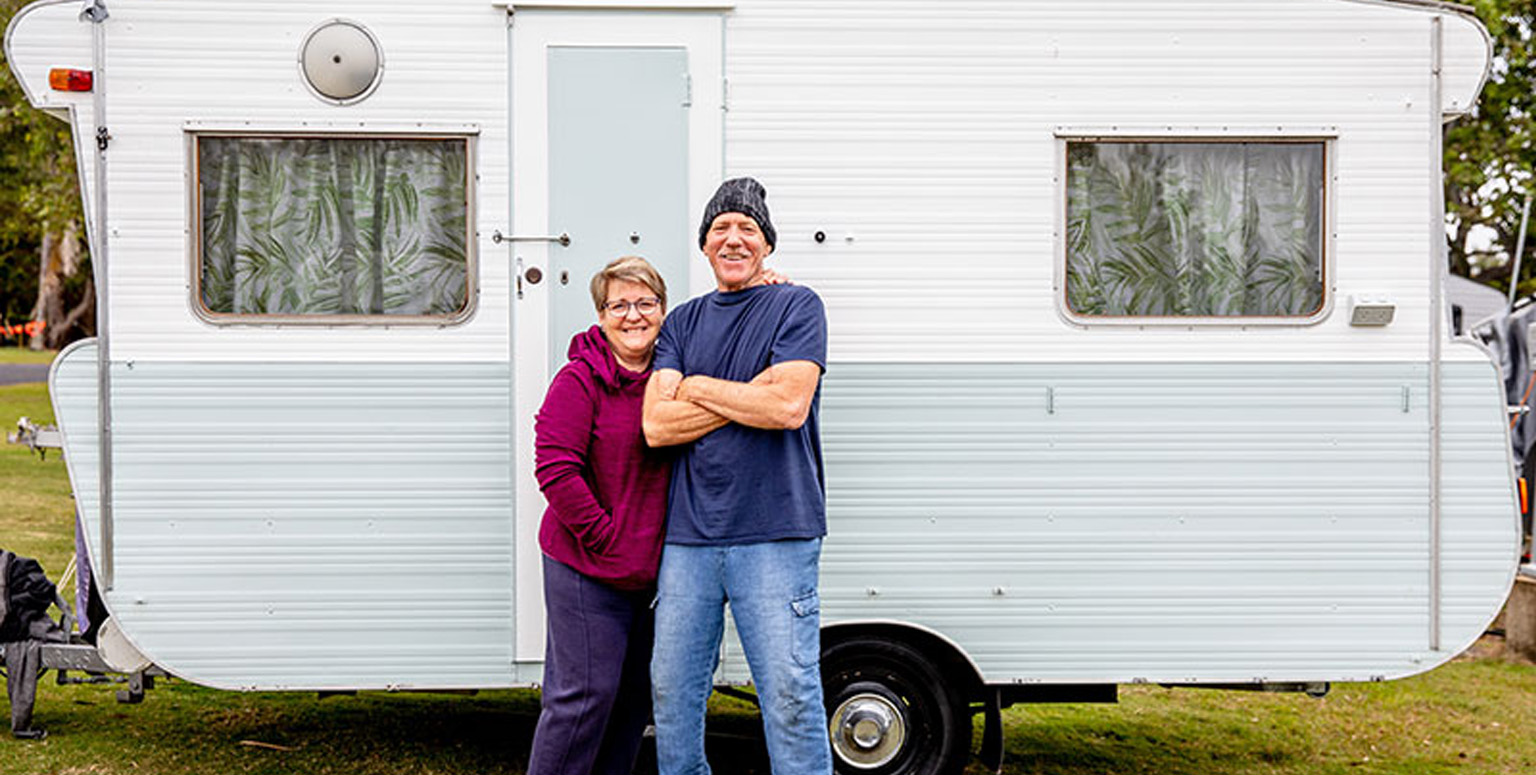Generally, you can access your super when you reach your preservation age and retire, but there could be special circumstances under which you might access your super early.
Super is there to help you fund the years after you finish working, so normally to withdraw your super savings, you need to have reached a certain age and retired permanently. However, there are certain situations where you might be eligible to withdraw this money early.
Below is some useful information around when and how you may be able to access your super.

When you reach your preservation age and retire
Your preservation age is the age at which you can access your super if you are retired (or wish to start a transition to a retirement income stream).
Your preservation age depends on when you were born. You can use this table to work out your preservation age.
| Date of birth | Preservation age |
| On or before 30 June 1964 | Already reached preservation age |
| From 1 July 1964 | 60 |
When you’re transitioning to retirement
If you’ve reached your preservation age but aren’t ready to retire permanently, you might wish to access a portion of your super through a transition to retirement pension.
A transition to retirement pension enables you to access some of your super via regular payments, even if you’re receiving an income from an employer or business.
Having access to this type of pension could provide you with greater financial flexibility, as you can periodically withdraw money from your super whether you continue to work full-time, part-time or casually.
While a transition to retirement pension may give you some financial flexibility, there will be important things to consider, including that you’ll generally only be able to access between 4% and 10% of your super each financial year.
When you reach age 60 and stop working (but aren’t retiring)
If you’re aged 60 to 64 and stop working (for any amount of time), you’re considered retired for the purposes of accessing your super. This is the case even if you have no intention of retiring completely.
That means you can cash out the super you’ve accumulated to date, even if you begin working again under a different employment arrangement.
When you reach age 65 (even if you haven’t left the workforce)
When you turn 65, you don’t have to retire or satisfy any special conditions to get full access to your super. You’re also not obligated to withdraw it and may continue making contributions, however there could be certain tax benefits in doing so, which will depend on your circumstances.
Instances where you may be able to withdraw super early
Super rules generally state that you can’t withdraw your super until you reach a certain age and retire, unless you happen to be taking some of it out under the First Home Super Saver Scheme, which aims to help eligible Australians save for a deposit on their first home.
There are however special circumstances where accessing super early is possible. These mainly relate to instances where you may be experiencing severe financial hardship or specific medical conditions, noting these may have separate eligibility criteria.
Compassionate grounds
You may be allowed to withdraw a certain amount of money from your super on compassionate grounds where you don’t have capacity to meet certain expenses.
These may include:
- medical expenses
- funeral costs
- mortgage repayments that will prevent you from losing your home.
Severe financial hardship
If you have reached preservation age plus 39 weeks you need to meet these conditions:
You’ve received eligible financial support payments from the government for a cumulative period of 39 weeks since reaching your preservation age.
You were not gainfully employed at the time of applying.
- There are no restrictions on how much you can withdraw if you meet these conditions
Incapacity
If you’re permanently or temporarily unable to work due to a physical or mental medical condition, you may be able to access super as a lump sum or via regular payments over a period of time.
Terminal medical condition
If you’ve been appropriately diagnosed with a terminal illness that’s likely to result in your death within a two-year period, you could apply for early access to your super. In this case, there is no limit on the amount you can withdraw.
Super benefits less than $200
If you switch employers and the balance of your super account is below $200, you can apply to withdraw this amount. Likewise, if you have less than $200 of lost or unclaimed super, which may be being held by the Australian Taxation Office, you may be able to withdraw this money.
Leaving Australia
If you’re a temporary resident in Australia and have worked and earned super on an eligible temporary visa, you could apply to withdraw your super once you leave the country, as long as your visa has expired. These applications are done as part of a Departing Australia Superannuation Payment, but the government requires you to meet specific criteria and provide documentation to withdraw super in this case.
How will accessing super affect you?
It’s worth considering that how you withdraw your super will have different tax consequences and may also affect Centrelink payments (such as the Age Pension).
For more information, speak to your adviser about what might be right for you.
For a few more ideas around what you might do when you take your super, check out our page - types of retirement pensions explained, which also looks at considerations around taking your super as a lump sum.
-

Transfer balance cap set to increase to $1.9 million The amount of super savings that can be transferred into a retirement pension account increased from $1.7 million to $1.9 million on 1 July this year, but not for everyone.
-

7 tips to reduce your debts before you retire As your working life draws to a close, your social life and recreational activities don’t have to. If you’re a little anxious about money still owing, here are a few pointers.
-

7 age pension traps to avoid How to structure your finances in retirement to avoid losing out on your age pension entitlements.
Important information
Any advice and information is provided by AWM Services Pty Ltd ABN 15 139 353 496, AFSL No. 366121 (AWM Services) and is general in nature. It hasn’t taken your financial or personal circumstances into account. Taxation issues are complex. You should seek professional advice before deciding to act on any information in this article.
It’s important to consider your particular circumstances and read the relevant Product Disclosure Statement, Target Market Determination or Terms and Conditions, available from AMP at amp.com.au, or by calling 131 267, before deciding what’s right for you.
The retirement health check is a general advice conversation only. It is provided by AWM Services Limited (AWM Services) ABN 15 139 353 496, AFS Licence No. 366121 (AWMS) to eligible members of the AMP Super Fund. AWM Services is a wholly-owned subsidiary of AMP.
You can read our Financial Services Guide online for information about our services, including the fees and other benefits that AMP companies and their representatives may receive in relation to products and services provided to you. You can also ask us for a hardcopy. All information on this website is subject to change without notice. AWM Services is part of the AMP group.







